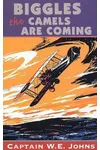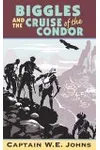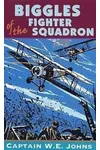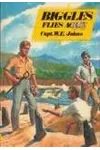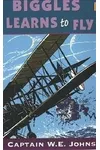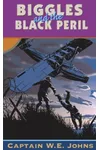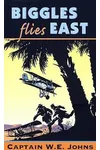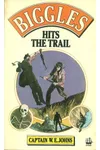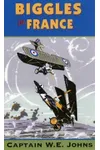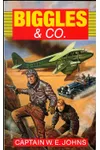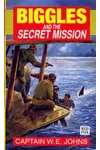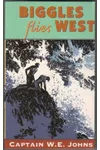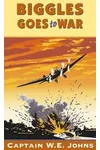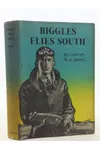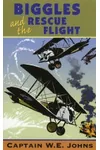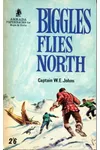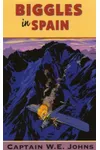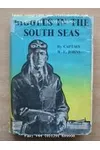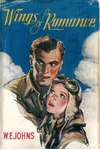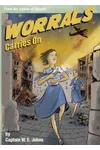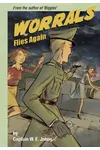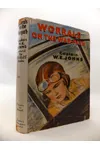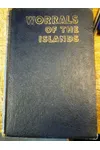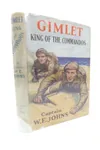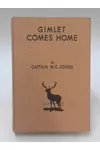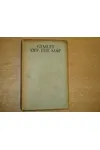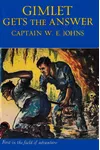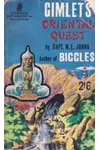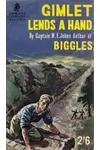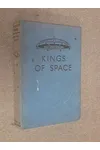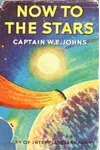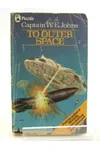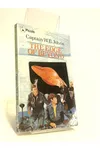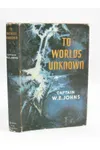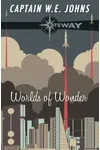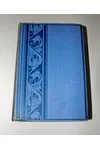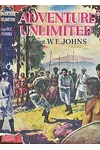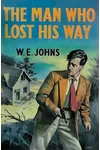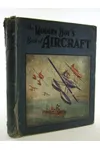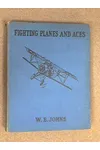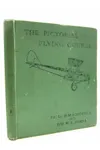Picture an English storyteller who brought daring pilots and thrilling skies to life—meet Captain W.E. Johns! Best known for creating the iconic Biggles series, Johns spun tales of aviation adventure that captivated young readers for decades. A World War I pilot himself, he infused his stories with authenticity, courage, and a dash of British charm, making Biggles a household name.
With over 160 books, including nearly 100 Biggles adventures, Johns wasn’t just a writer—he was a literary ace. His stories soared through wars, exotic locales, and even space, leaving an enduring legacy in children’s literature. Ready to dive into his high-flying world? Let’s explore the man behind the cockpit.
The Making of Captain W.E. Johns
Born William Earl Johns on February 5, 1893, in Bengeo, Hertfordshire, Johns was the son of a tailor and a butcher’s daughter. Far from a scholar, young William excelled as a crack shot, dreaming of a soldier’s life. After stints as a surveyor’s apprentice and sanitary inspector, he joined the Territorial Army and married Maude Hunt in 1914. World War I called, and Johns fought at Gallipoli before transferring to the Royal Flying Corps. Shot down in 1918, he became a prisoner of war, an experience that shaped his gritty, authentic storytelling. After the war, he worked as a newspaper air correspondent and editor, setting the stage for his literary takeoff.
Captain W.E. Johns’s Unforgettable Stories
Johns’s Biggles series, launched with The Camels Are Coming in 1932, introduced James Bigglesworth, a brave, quick-witted pilot. Initially written for adults in Popular Flying magazine, these tales of Sopwith Camels and dogfights evolved into beloved children’s adventures. Books like Biggles Flies East (1935) showcase espionage and exotic settings, while Biggles Learns to Fly (1935) draws on Johns’s own training mishaps, blending humor with heart-pounding action.
Beyond Biggles, Johns created Worrals of the WAAF (1941–1950), a plucky female pilot series to boost women’s wartime recruitment, and Gimlet (1943–1954), featuring a commando hero. His 10-volume science fiction series (1954–1963) followed cosmic adventures with characters like Professor Lucius Brane. Johns’s style was direct, vivid, and packed with technical detail, reflecting his pilot’s eye. His themes of loyalty, bravery, and adventure resonated with readers, though later books softened for younger audiences.
Uniquely, Johns included a working-class hero, Ginger Hebblethwaite, in the Biggles team from 1935, a bold move for the era. His stories, translated into languages like Czech and Swedish, flew off shelves worldwide, with Biggles ranking as the 29th most-translated book series by 1964, per UNESCO.
Why Captain W.E. Johns Matters
Johns’s impact on children’s literature is undeniable. His Biggles books inspired countless young readers to dream of flight, boosting RAF recruitment during World War II. Pilots credited his stories for their career choices, and in 2009, one even attributed a crash survival to Biggles’s lessons. Johns’s ability to blend real-world experience with escapist adventure made his work timeless, though later editions were edited for racial sensitivities to suit modern readers.
His prolific output—169 books, countless articles, and even radio plays—cemented his status as a giant after Enid Blyton. When Johns died of a heart attack in 1968, mid-sentence on Biggles Does Some Homework, his legacy soared on, with fans still cherishing his tales of derring-do.
About Captain W.E. Johns
- Born: February 5, 1893, Bengeo, Hertfordshire, England
- Key Works: The Camels Are Coming (1932), Biggles Flies East (1935), Worrals of the WAAF (1941)
- Died: June 21, 1968, while writing a Biggles story
- Fun Fact: Johns never held the rank of captain, adopting it to appeal to young readers!
Snag Biggles Learns to Fly and dive into Captain W.E. Johns’s thrilling aviation adventures—your imagination will thank you!
